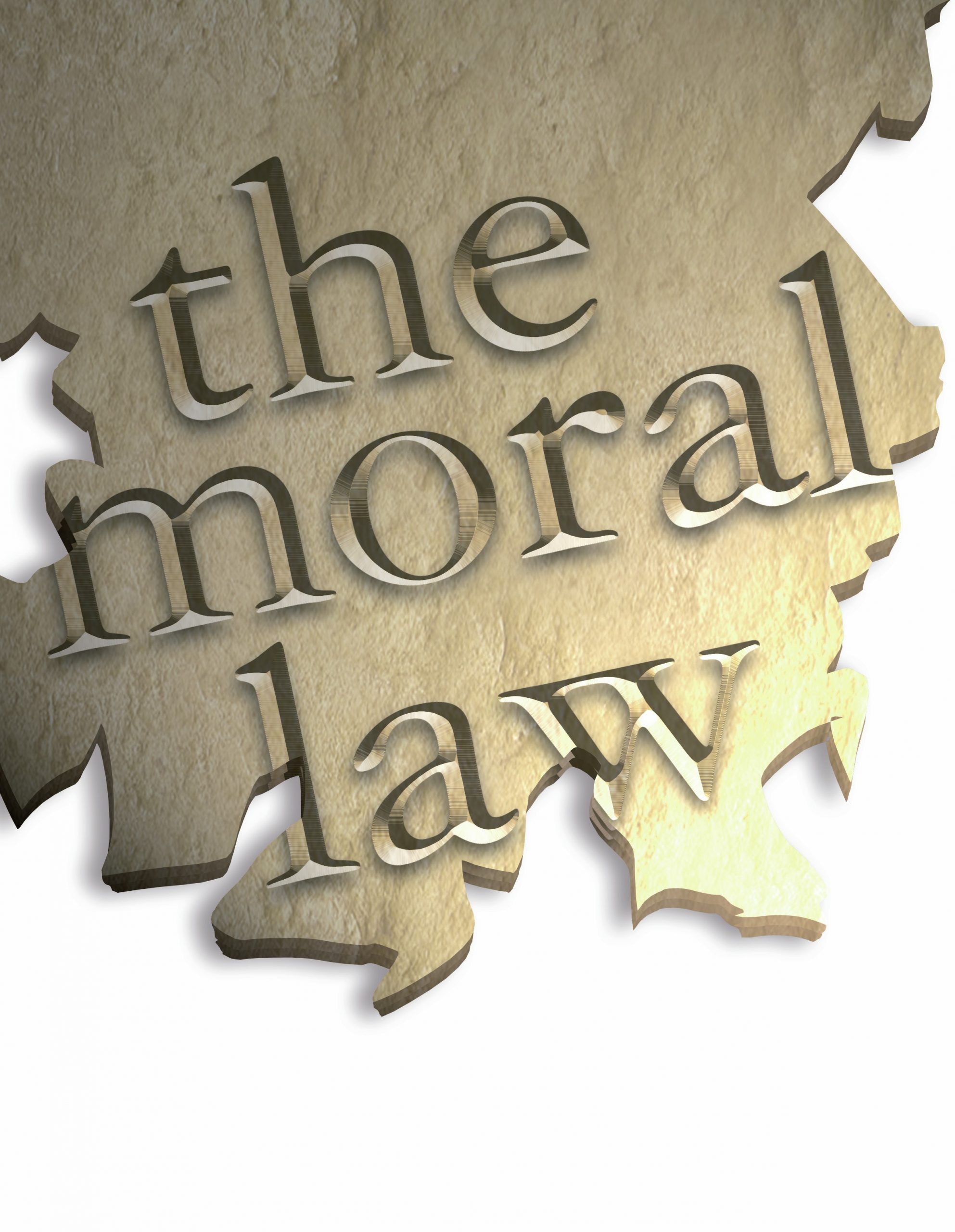
All examination boards
AS and A2 Ethics optionsKant’s ethics are those of the deist, rather than the theist. He was an important thinker in the deist project, which aimed to bring religion within the limits of reason alone. He developed his thinking in the Critique of Practical Reason (1788) and Religion within the Limits of Reason Alone (1793), which follow Kant’s thorough rebuttal of the ‘it is not possible to know God by means of a priori reason’ (hence his rejection of the Ontological Argument — we can have such knowledge by means of pure practical reason). The Critique of Practical Reason develops moral arguments for God and immortality to take the place of the arguments he disputed in the Critique of Pure Reason.
Kant’s account of Religion within the Limits of Reason Alone begins with a pessimistic account of the evil in human nature, while in the final three books of Religion Kant gives an account of the kind of religion that could be acceptable in the Age of Reason: one that is built on a foundation of universal reason and practised in the service of universal morality.
Your organisation does not have access to this article.
Sign up today to give your students the edge they need to achieve their best grades with subject expertise
Subscribe




